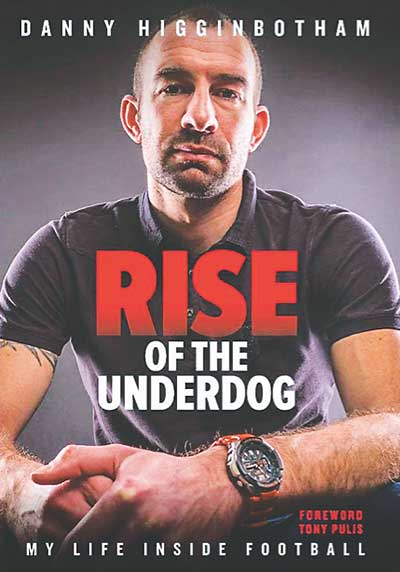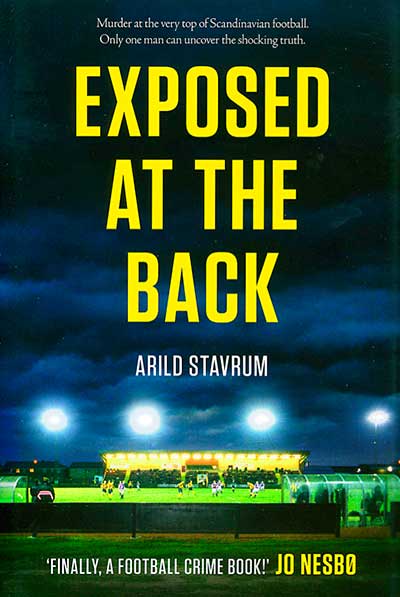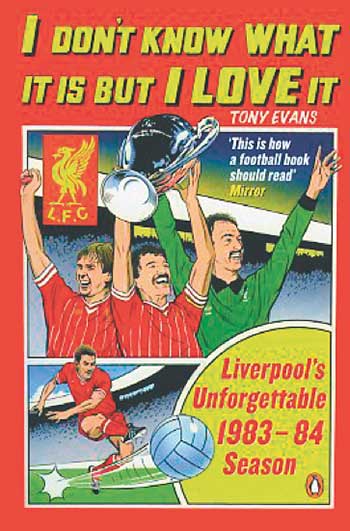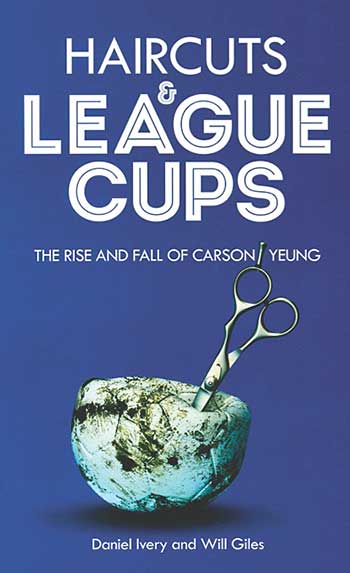 My life inside football
My life inside football
by Danny Higginbotham
Trinity Mirror, £16.99
Reviewed by Andy Thorley
From WSC 343 September 2015
There was always a lot to like about Danny Higginbotham. As a fan, he was a player that you warmed to because there were never any half measures. He seemed to love football, and always gave the impression that he rather enjoyed playing it. It’s perhaps fitting, then, that Rise of the Underdog begins right at the end of his career, when in a desire to get his buzz for the game back he pitches up at his hometown team of Altrincham. He’s honest about his retirement – as refreshingly he is throughout the book – and basically, he just hasn’t got the heart anymore.
It’s not meant as a criticism of either the player or the book to call both him and it workmanlike. It’s a tale of a kid on the estates who has a little bit of talent (with admirable self-deprecation he claims his brother was a better footballer), and supportive parents who nurture and to an extent bully their offspring until he gets a break at Manchester United.
This working-class ethos is shown in a perhaps unremarkable career that doesn’t quite hit the heights. By his own admission Higginbotham was never a top player. He’s also one that evidently still feels a touch insecure, refusing to play for a United team in one of those “legends” style six-a-side tournaments as he doesn’t feel he belongs in such company.
It’s moments like that which lift this tome from the usual humdrum hinterland of “banter with the lads” and at its best Rise of the Underdog is very good indeed. The interesting stuff usually comes when Higginbotham faces losing everything, such as when on loan in Belgium he is given a lifetime ban – wrongly – or when he prints extracts from his own diaries after the injury that essentially brings to an end his top-level career and robs him of a chance to play in the FA Cup final when at Stoke. Poignantly he admits to jealousy at his team-mates being at Wembley. Things end on a happy note, when he’s given an unexpected opportunity to play for Gibraltar thanks to family connections, and the moving account of what that meant to the country is excellent.
Interspersed with this are some genuinely funny passages about life under Alex Ferguson and Roy Keane, as well as a bizarre team meeting at Southampton which rather shows the relationship between Harry Redknapp and Clive Woodward in a different light to the media portrayal.
While you could never call it an explosive blockbuster – there is very little in the way of controversy here and even less about his personal life – Higginbotham does name names when he needs to. He’s also prepared to give his opinions on modern football in general and the academy system in particular. The biggest compliment you can pay Rise of the Underdog is that it’s better than you thought it was going to be. In that respect it’s exactly like its author.
 by Arild Stavrum
by Arild Stavrum Liverpool’s unforgettable 1983-84 season
Liverpool’s unforgettable 1983-84 season by Philip Kerr
by Philip Kerr The rise and fall of Carson Yeung
The rise and fall of Carson Yeung